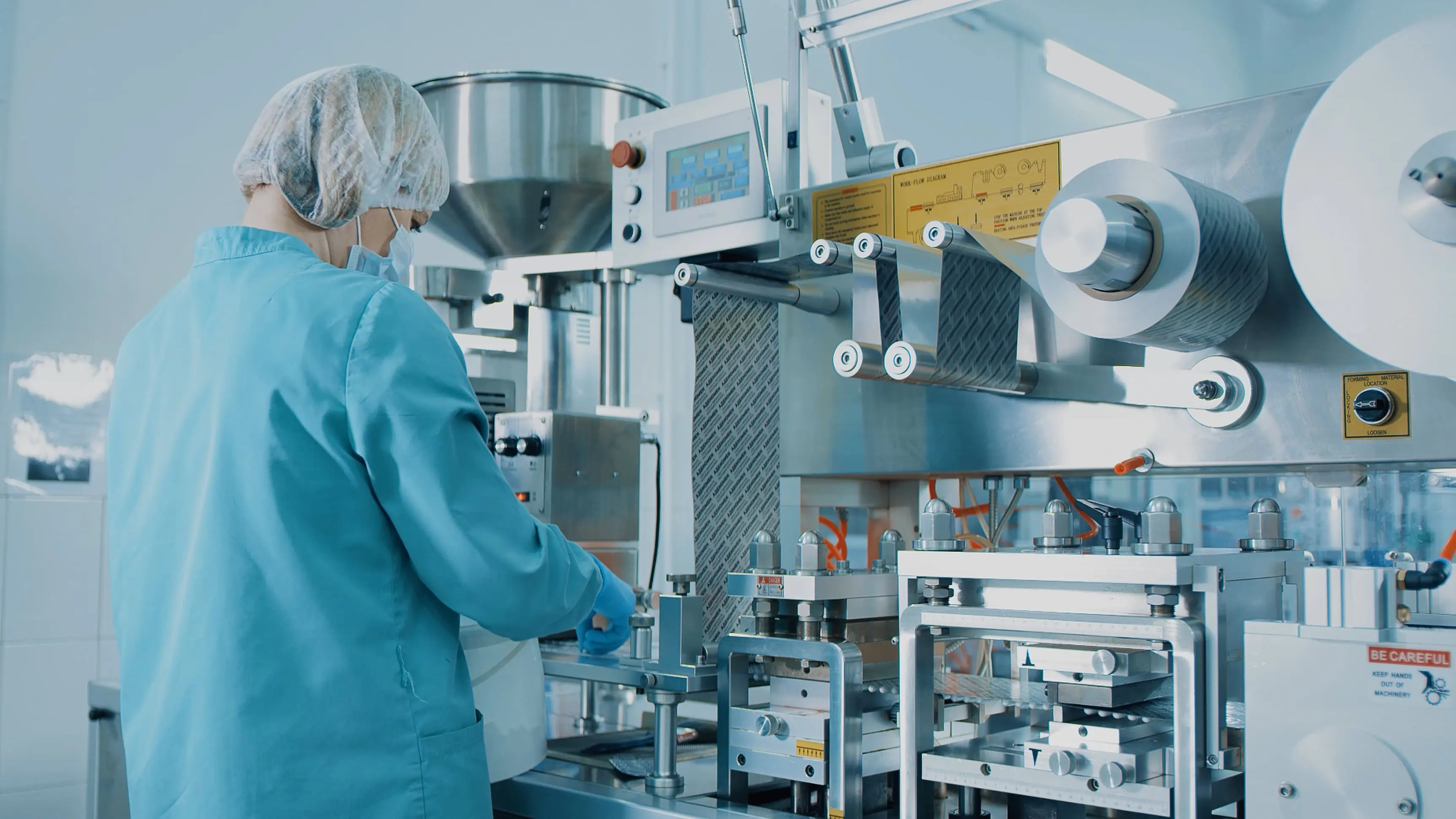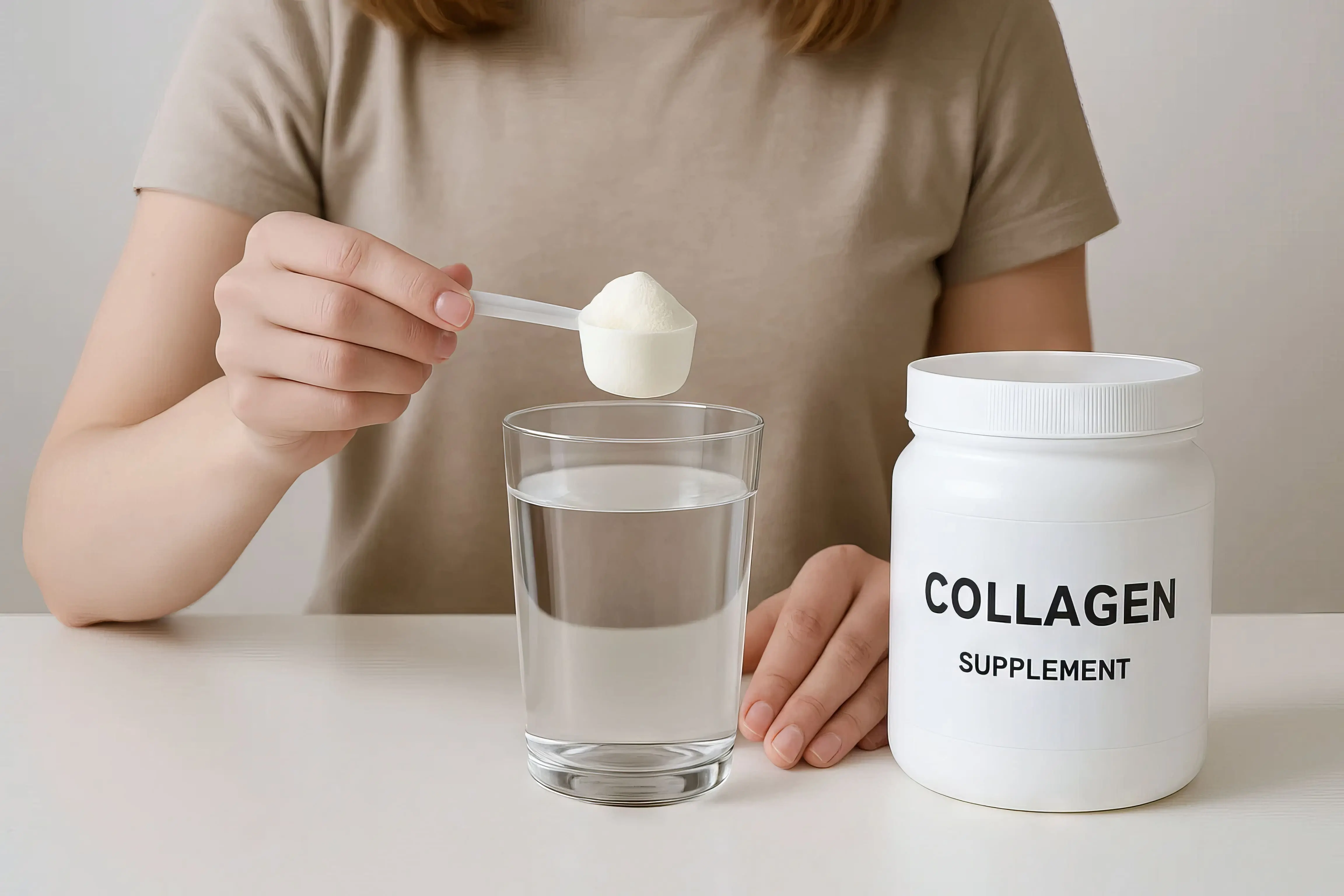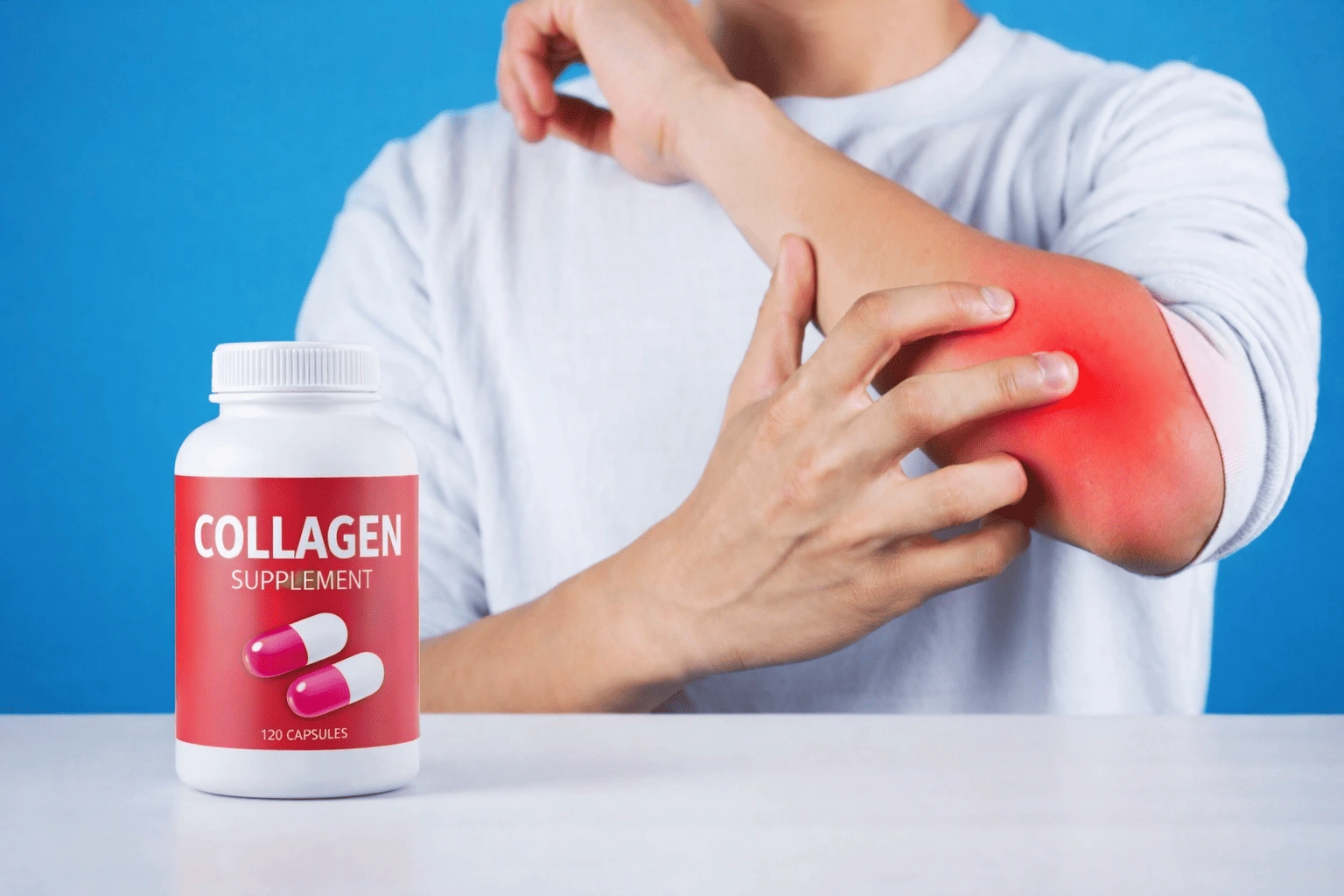Here's What You Must Know about the License to Sell Supplements in the USA

Starting a supplement business in the U.S. can be both rewarding and complex, with numerous facets to navigate. Fortunately, with platforms like FAME Health Labs, entering the burgeoning supplement industry and establishing a successful supplement brand or supplement company can be easier. By offering a compelling model that eliminates the need for inventory management or logistics headaches, businesses can focus solely on growth, with customizable supplement types ready to launch, all at no upfront inventory fees. This model maximizes earning potential while allowing entrepreneurs to start their ventures at no cost. Yet, like any venture in the supplement arena, understanding the intricate legal landscape is crucial.
Key Takeaways:
- Essential Licenses for Selling Supplements: To sell supplements in the U.S., businesses need to obtain a general business license, a dietary supplement manufacturing license, FDA facility registration, and ensure compliance with Good Manufacturing Practices (cGMP).
- Navigating Regulatory Requirements: Federal, state, and local licensing requirements vary, and it is crucial to understand the laws governing supplement safety, labeling, and health claims to ensure legal operations.
- International Considerations: When selling supplements internationally, businesses must comply with each country's regulations regarding import laws, labeling standards, and certifications to ensure legal trade.
- Importance of Compliance: Proper licensing not only builds consumer trust by ensuring safety and quality standards but also protects businesses from legal issues and facilitates market expansion, especially internationally.
Check-Out the Different Licenses You Need to Sell Supplements in USA
Navigating the regulatory landscape is crucial when entering the U.S. supplement market. Understanding the various licenses needed will set your business on a path to compliance and operational success.
Business license
When starting a supplements business in the United States, obtaining a business license is a fundamental step. This license is required for legally operating a company within any city or county. Each state or municipality may have different requirements for issuance. Therefore, it is essential to consult your local government to understand the specific stipulations. Regular renewals and compliance with local business regulations ensure you remain in good standing.
Dietary supplement manufacturing license
Securing a dietary supplement manufacturing license is pivotal for those planning to produce their supplements in the dietary supplement industry. This license ensures that manufacturing processes comply with the safety and quality standards set by regulatory authorities, such as the FDA. Holders of this license must adhere to stringent protocols, including new dietary ingredient sourcing and processing methods. Regular inspections and audits are often required to maintain the license, which helps guarantee that the supplements produced are safe for consumption.
Registration of Facility
Registering your facility with the FDA is a critical step when entering the supplement market. This registration is a legal requirement under the Food Safety Modernization Act (FSMA). It enables the FDA to monitor all facilities involved in the manufacturing, packaging, or holding of supplements. Registration must be renewed every two years to ensure your facility complies with safety and sanitation standards. This helps protect consumers and maintains the reputation of your business.
Registration of Product
Unlike conventional food products, individual dietary supplements do not require FDA approval before they are marketed. However, registering your product can still be highly beneficial. This registration involves submitting specific details about the supplement, including ingredient lists and intended uses, to the appropriate regulatory bodies. While not mandatory, this step can enhance consumer trust and demonstrate a commitment to transparency and safety.
Certification of Good Manufacturing Practices
Obtaining a Certification of Good Manufacturing Practices (cGMP) is crucial to ensure that your supplement products are consistently produced and controlled by quality standards. The FDA enforces this certification and includes guidelines for sanitation, equipment, and staff qualifications. Meeting cGMP standards fosters credibility and trust among consumers and business partners. Non-compliance can lead to severe penalties, including product recalls.
Requirement of Labelling
Proper labelling of dietary supplements is not just a marketing strategy; it is a strict requirement by the FDA to ensure consumer safety. The labelling must include critical details such as a list of ingredients, serving size, and the product's intended use. In addition, any claims made on the label must be truthful and not misleading. These requirements are designed to provide transparency, allowing consumers to make informed decisions. Failure to comply may result in enforcement actions.
Learn about the Various Licensing Requirements for Selling Supplements in the USA
Navigating the maze of regulations and requirements is crucial for anyone venturing into the supplement industry. With a complex landscape governed by federal and state entities, understanding these regulations is vital to ensure smooth entry and ongoing compliance in this competitive market. Prepare to delve into the intricacies of the regulatory framework shaping the supplement business.
Federal Licensing Requirements
Federal licensing requirements primarily revolve around ensuring that your supplement is safe for consumers and meets regulatory standards. While the FDA does not approve dietary supplements before they are marketed, it regulates aspects such as labelling, claims, and manufacturing practices. It's crucial to ensure that your product and facility adhere to regulations such as the Dietary Supplement Health and Education Act (DSHEA) and comply with current Good Manufacturing Practice (cGMP). Federal compliance protects consumers and provides a layer of trust for your brand.
State Licensing Requirements
State licensing requirements for selling supplements can vary significantly from one state to another. These requirements may include additional permits, tax registrations, or health department approvals unique to the state where you operate. Some states have specific regulations governing the sale of dietary supplements, particularly regarding age restrictions, labelling compliance, and health claims. Familiarize yourself with local agricultural or food safety departments to ensure you're meeting all necessary conditions. This proactive approach helps prevent potential legal challenges.
Local Licensing Requirements
Local licensing requirements are a crucial aspect of establishing a supplement business, as they ensure compliance with municipal regulations. These requirements may include obtaining a general business license within your city or county, mainly if you operate a brick-and-mortar store. Depending on your location, you may also require specific health permits or zoning approvals for your business operations. It's critical to consult with local government offices to thoroughly understand and adhere to these requirements, as they can vary widely.
International Licensing Considerations
Exporting and Importing Supplements
When engaging in the export and import of dietary supplements, understanding international regulations is crucial. Exporting supplements requires complying with both U.S. laws and the import regulations of the destination country. This typically includes obtaining export documentation, ensuring product labelling meets international standards, and potentially securing export licenses. On the import side, you'll need to clear customs, validate product safety, and adhere to the importing country's health standards. Each country may have specific guidelines, so it's essential to stay informed and organized.
Navigating Different Countries Regulations
Navigating the varied regulations of different countries can be complex, but it is essential for businesses looking to market supplements internationally. Each country has its own set of rules regarding supplement composition, labelling, health claims, and quality standards. Some nations may require additional certifications or documentation, such as product registration or import licenses, to facilitate trade. To streamline this process, partnering with a local expert or consultant familiar with the regulatory landscape can be invaluable. Staying informed about changes in international regulations ensures a smooth entry into diverse markets.
Why Businesses Should Have Proper Licensing for Selling Supplements Online
Proper licensing for selling supplements is crucial for several reasons. Firstly, it establishes credibility and trust with consumers, assuring them that your products meet safety and quality standards. This trust can significantly influence purchasing decisions and brand loyalty. Secondly, compliance with licensing regulations safeguards against legal repercussions, such as fines or business shutdowns, that can arise from unauthorized operations. Moreover, it opens opportunities for broader market access, including international markets, where rigorous standards are enforced. Lastly, having the correct licenses ensures your business can compete effectively, as it demonstrates professionalism and commitment to consumer safety.
A Step-by-Step Guide to Start Selling Supplements Legally with F.A.M.E Health Labs
Embarking on the journey to sell supplements with F.A.M.E Health Labs legally involves several crucial steps. Here's a streamlined guide to help you navigate the process effectively:
- Business Plan Development: Begin by creating a comprehensive business plan that encompasses your market analysis, target audience, and product offerings. This plan will serve as your roadmap and is crucial when seeking funding or partnership.
- Obtain Necessary Licenses: Secure all required business licenses at federal, state, and local levels. These include registration with local authorities for a general business license and specific permits related to the sale of health products.
- Facility Registration: Register your manufacturing or packaging facility with the FDA to ensure compliance with federal regulations, maintain traceability, and meet sanitation standards.
- Compliance with Manufacturing Standards: Ensure your facility adheres to Good Manufacturing Practices (cGMP) to maintain product quality and consistency. This includes process validation, equipment calibration, and staff training.
- Product Registration and Labelling: Although not mandatory, registering your product with regulatory bodies can help enhance consumer trust. Ensure your product labels meet FDA standards, providing clear, accurate information.
- Quality Testing and Assurance: Implement rigorous product testing for safety and efficacy. It's crucial for maintaining quality and protecting your brand reputation.
- Health Department Approvals: Obtain the necessary health department approvals after inspections to ensure compliance with public health standards.
- Launch and Marketing: Develop a marketing strategy that highlights your compliance and commitment to quality, leveraging F.A.M.E Health Labs' credibility to build your brand.
- Monitor and Maintain Compliance: Regularly review and update your compliance measures in response to any regulatory changes, ensuring ongoing adherence to established standards.
Final Thoughts
Licensing is an integral aspect of legally selling supplements, serving as the foundation for a reputable and compliant business. Dietary supplement manufacturers must understand and fulfill the various federal, state, and local licensing requirements to mitigate the risk of legal issues and enhance consumer trust. Proper licensing ensures that products meet safety and quality standards, which is crucial in the competitive supplement market. It also facilitates smoother expansion into international markets, where regulations may be more stringent. Ultimately, investing the time and resources into obtaining the correct licenses not only protects your business but also contributes to long-term success and sustainability in the industry.
FAQs
What licenses are required to sell dietary supplements?
To sell dietary supplements, you typically need a general business license, FDA facility registration, and potentially additional state and local permits. It's crucial to comply with federal guidelines and state-specific regulations related to health and safety standards. Always check with local authorities to ensure all legal requirements are met.
Do I need FDA approval to sell supplements?
No, you don't need FDA approval to sell dietary supplements. However, your products must comply with labelling requirements and adhere to Good Manufacturing Practices (GMPs). It's essential to ensure the safety and efficacy of your supplements by FDA guidelines to avoid compliance issues.
Can supplements be sold internationally under the same licenses?
No, selling supplements internationally requires meeting the regulatory requirements specific to each country, which often differ from those in the U.S. You'll need to understand and comply with each country's import laws, labelling standards, and certification processes to sell your products abroad legally.
What specific permits are necessary for manufacturing supplements at home?
Manufacturing supplements at home requires obtaining permits, such as a business license, approval from the local health department, and FDA facility registration. Compliance with Good Manufacturing Practices (GMPs) is also crucial for ensuring product quality and safety during the manufacturing process. Consult with local authorities to determine if any additional permits are required for home-based operations.
How do I report a problem with a dietary supplement to the FDA?
To report a problem with a dietary supplement, use the FDA's Safety Reporting Portal. You can submit details about adverse effects, labelling issues, or contamination concerns directly through their online platform. This helps the FDA monitor product safety and take necessary action.



.png)





















.gif)


